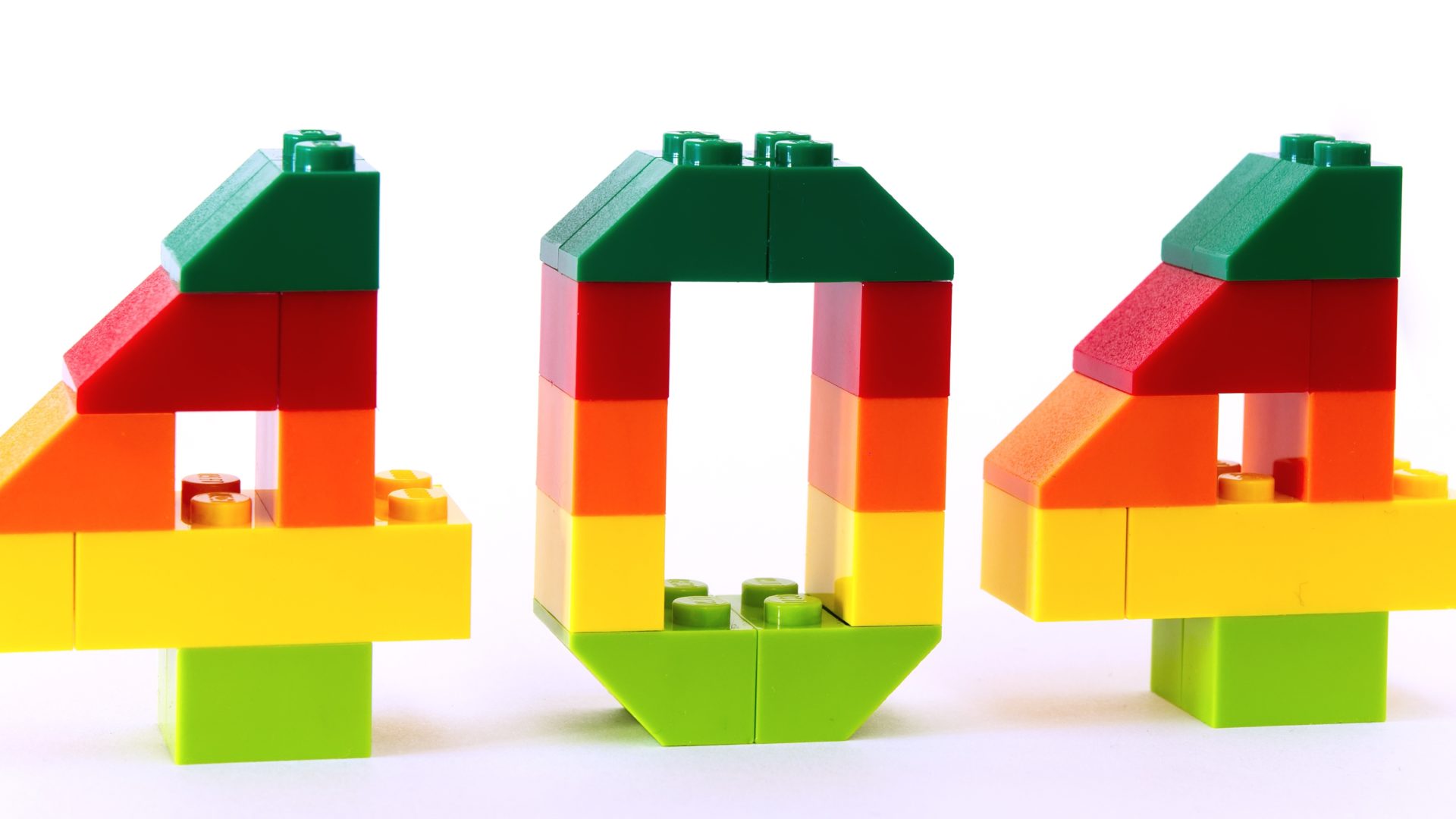On the back of protests, riots, looting and violence that has gripped South Africa since the weekend, the internet has proved to be one of the more important resources for activists, NGOs and citizens trying to help.
Whether it’s rallying donations for those who are most in need or citizens mobilising to defend the infrastructure they rely on, the internet has proved to be an asset this week.
But, and this is a big but, we cannot ignore the fact that the internet could also be used by bad actors to co-ordinate looting and violence throughout the country. Government has reiterated that is monitoring social platforms and those who incite violence will be brought to book.
This concerns us because, unfortunately, African leaders have garnered something of a reputation for shutting down the internet when there is civil unrest. With that having been said it’s important to note that India executed the most internet shutdowns in 2020 – 109 in total according to Access Now.
Having never experienced an internet shutdown here in South Africa, knowing what to expect is tough so we spoke to founder and chief executive officer at Cybersec Clinique, Doreen Mokoena, to find out more about how government could block internet access and how you could get around it.
One way government could block internet is through domain name servers (DNS).
“By blocking at a DNS level you can block services by IP address or by name, for instance, like Twitter,” Mokoena explains.
Another way is by using a proxy.
“Once you use a proxy, you cannot view SSL encrypted sites. Meaning you need to issue out certificates for anyone to connect to that network. They might try may force everyone to install a certificate that can be used to decrypt content that you are trying to view. That is one method of blocking,” the CEO tells us.
So what can you do to get around this? Well, one way as we pointed out earlier this week is a VPN but even a VPN could be stopped in its tracks. This is because, as Mokoena tells us, most VPN providers use one standard port.
“You can simply block that port that most common apps use and even block their backups. But, that is also a cat and mouse game because they [the VPN operator] can simply change the ports that they are connecting to. The problem is for large VPNs that promise all the privacy is some of them may not even have the time to update all their servers, because most VPN services have thousands of servers worldwide,” says Mokoena.
Another way to get around restrictions or censorship is by using a SOCKS5 proxy server. This requires a bit of technical acumen though and your traffic won’t be encrypted. NordVPN has a wonderful explanation about SOCKS5 proxy here that we recommend as a starting point.
Another avenue to getting around blocks is satellite internet.
“Most satellite internet companies are owned by foreign companies, so they might necessarily not even abide with the law because the internet breakout is not even within the borders of South Africa,” says Mokoena.
Of course this depends on satellite internet providers ignoring calls from government to cut access.
By far the best way to get around a block however, is for a block not to occur in the first place.
“I think the most important thing that I can say is citizens have to know their rights. They must know their rights and uphold them. Uphold it so that they do not get banned online by a regime that will seek to silence them. Citizens must actively participate in Internet Governance related initiatives. Issues like censorship and internet shutdowns should be strongly prohibited as they fuel human rights violations,” the CEO adds.
[Image – CC 0 Pixabay]

